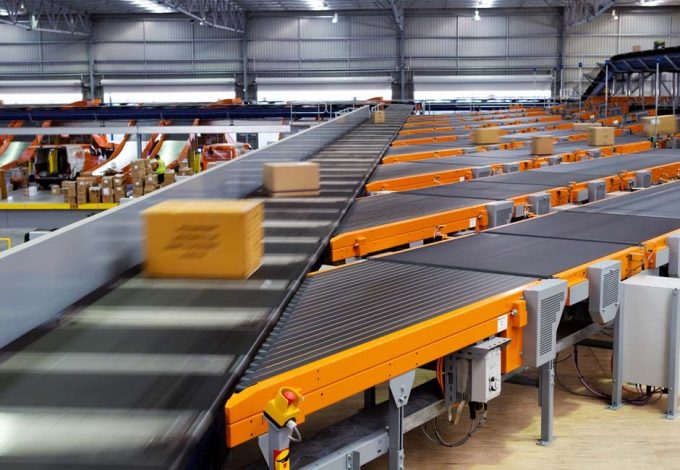The industrial and logistics sector has been the standout property performing for some time now and particularly during the pandemic, where accelerated online retailing trends and new supply-chain resilience requirements has significantly boosted demand. However, contrasting views on the future growth prospects of one of the sub-sectors, multi-let industrial, was borne out this week in separate annual results presentations.
Urban Logistics REIT, which as the name suggests is focused entirely on the smaller urban logistics assets that are located close to towns and cities and act as the ‘last touch’ in the delivery of goods, painted a gloomy picture for the outlook of the multi-let industrial sub-sector.
Chief executive Richard Moffitt said in an investors’ and analysts’ call, after it posted impressive full year results, that the multi-let industrial market would not show sustained growth over the next five years because “despite what everybody tells us about the outlook for the economy, when government support is taken away there will be ‘zombie businesses’ operating out of multi-let industrial units that will not survive”.
Stenprop, the specialist UK multi-let industrial investor, also reported annual results this week and unsurprisingly contended that the fundamentals were strong for the sub-sector and backed it up with strong performance figures from the COVID-affected year to March 2021.
Rental income on its multi-let industrial portfolio rose 5.6%, while it posted a 10.1% uplift in the value of its multi-let industrial portfolio on a like-for-like basis. Vacancy rates fell to 6.3% from 9.0% due to high demand, with letting enquiries up 56% in the first quarter of 2021 versus the final quarter of 2020.
Stenprop’s 90% rent collection rate from its MLI portfolio compares with a 99.9% collection rate for Urban Logistics REIT, but given the SME profile of its tenant base, 90% is very resilient.
The government’s life-support for business is unlikely to be abruptly switched off, rather phased out, but its impact on smaller businesses is going to greatly depend on the performance of the UK economy as it transitions out of the pandemic.
What the multi-let industrial sector has going for it, regardless, is a structural imbalance in supply and demand for space. This is being felt across all of the industrial and logistics sub-sectors and means that there is very little chance of over-supply and consequent rental growth stagnation.
Stenprop has another ace up its sleeve. Its embrace of technology in its operating platform, Industrials Hive, has improved operational performance and reduced cost across the business. Processes, such as the signing of the lease contract, have been simplified, leading to a frictionless experience for the tenant and reduced the time a unit remains vacant.
Later this year it will rollout a unified finance and operations system that will allow it to in-source processes and control the customer experience throughout its lifecycle. It believes the technology-enabled operating platform will transform the way in which the multi-let industrial sector is managed in the future, in line with other customer-focused property sectors such as self-storage, student accommodation and hotels.
QD view – not all industrial is equal
